Attending the workshop were representatives from the Central Committee of the Vietnam Women's Union, the Canadian Embassy in Vietnam, UNDP Vietnam, domestic and foreign development partners and businesses such as VietCycle.
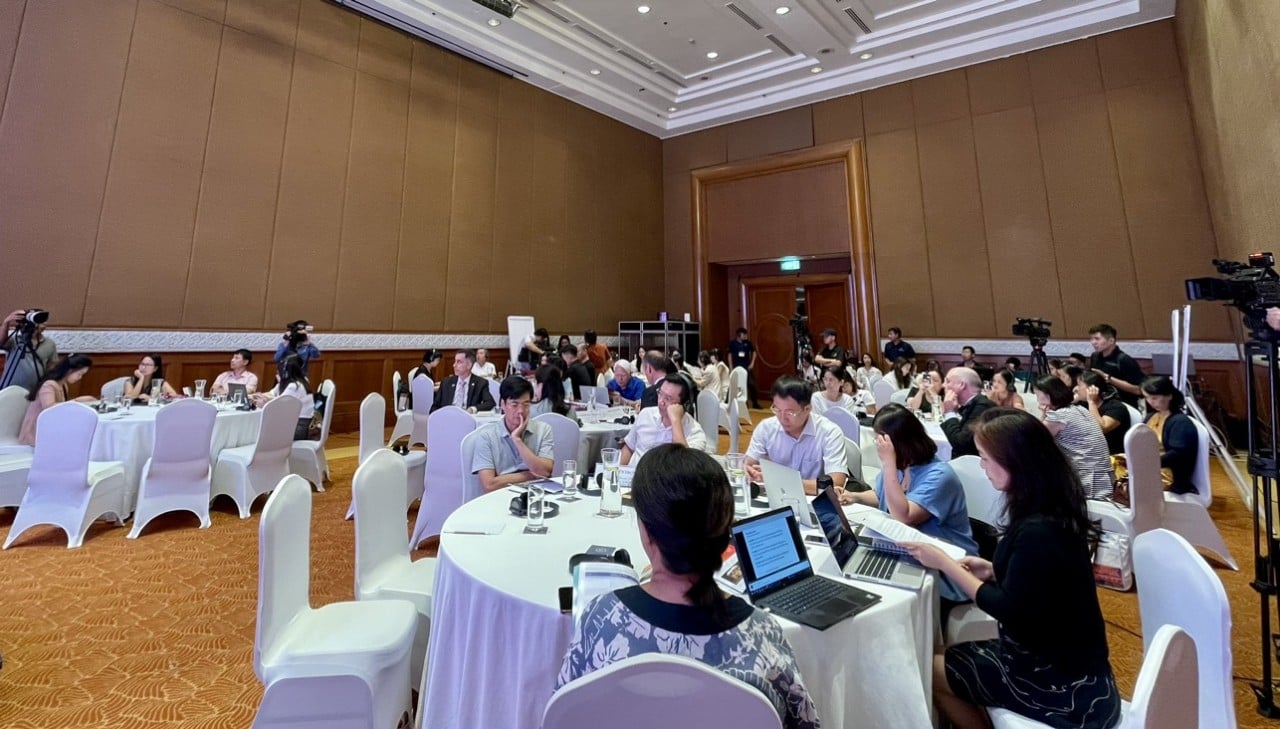 |
| Delegates attending the Workshop on Gender Equality and Inclusive Development in Plastic Waste Management. (Source: UNDP) |
The workshop aimed to share the results of the “Gender Status Indicator Assessment (GESI) Report on the Plastic Value Chain in Vietnam” of the National Plastic Action Partnership Programme (NPAP), as well as raise awareness among national partners and stakeholders in promoting gender equality and inclusive development in the field of plastic waste management.
The workshop program consists of two main parts. The first part is to share the Report on the assessment of the situation of inter-layer gender equality in the plastic value chain in Vietnam and the Gender Equality Strategy in the circular economy of plastics developed by NPAP. The second part focuses on the discussion on the role of women in plastic waste management at home and in the community and discusses solutions to contribute to promoting gender equality in plastic waste management in Vietnam in the coming time.
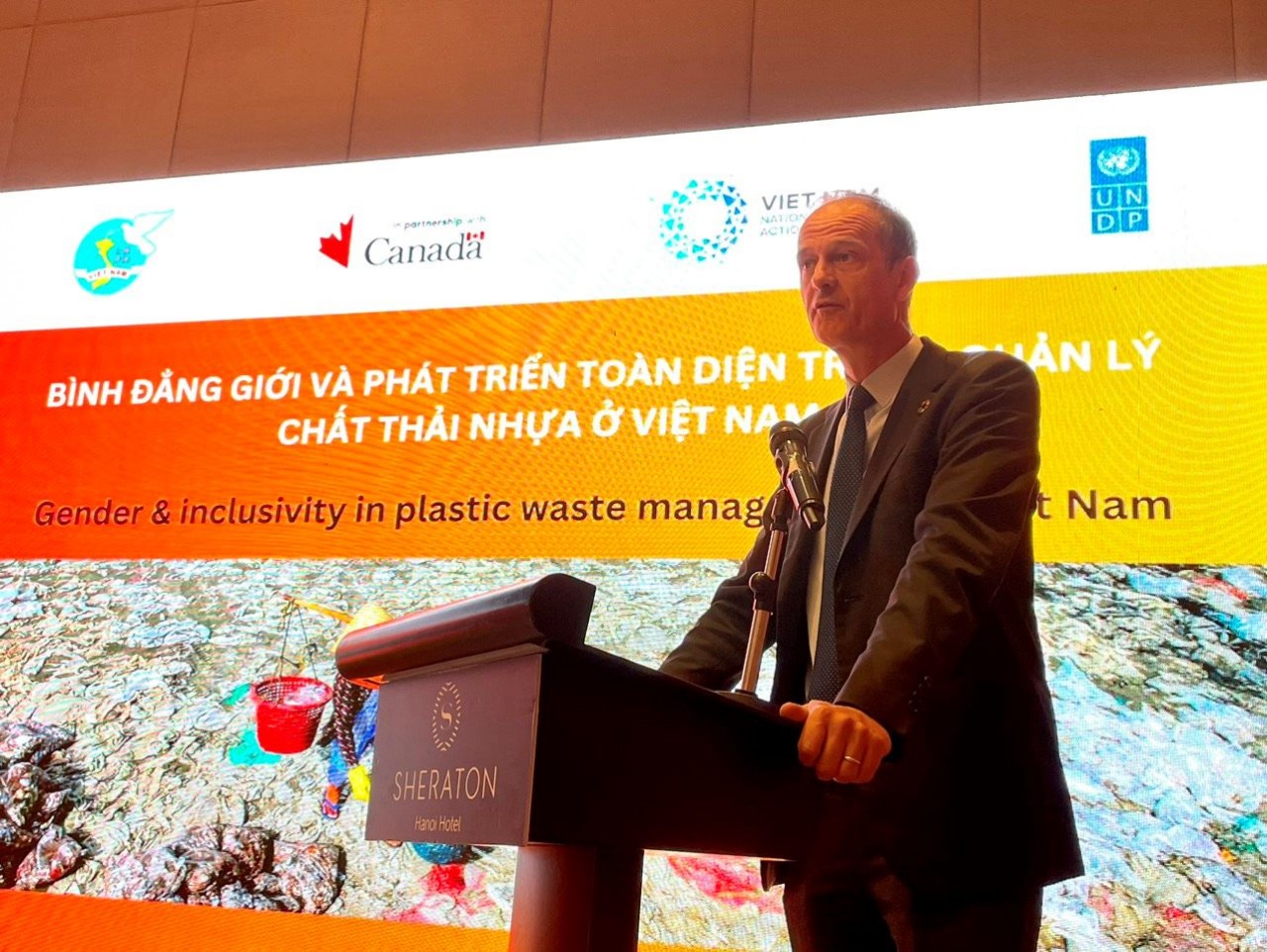 |
| Mr. Patrick Haverman - Deputy Resident Representative of UNDP Vietnam speaking at the workshop. (Source: UNDP) |
Speaking at the workshop, Mr. Patrick Haverman - Deputy Resident Representative of UNDP Vietnam emphasized the "key role of women" in "collecting, sorting and recycling plastic waste formally and informally in households and communities".
“Governments and communities need to acknowledge this contribution in the policy-making process. Policymakers need more research, data and evidence on issues related to plastics, gender and social inclusion to avoid any negative impacts on women, migrant workers and other vulnerable groups in the implementation of Extended Producer Responsibility (EPR) policies,” he said.
“We need to adopt a circular economy approach to address the problems in the production, use and disposal of plastics; while also understanding the growing challenges to human health, gender equality and social inclusion,” said Canadian Ambassador to Vietnam Shawn Steil, noting that the Canadian government is working with partners around the world to reduce plastic waste and plastic pollution.
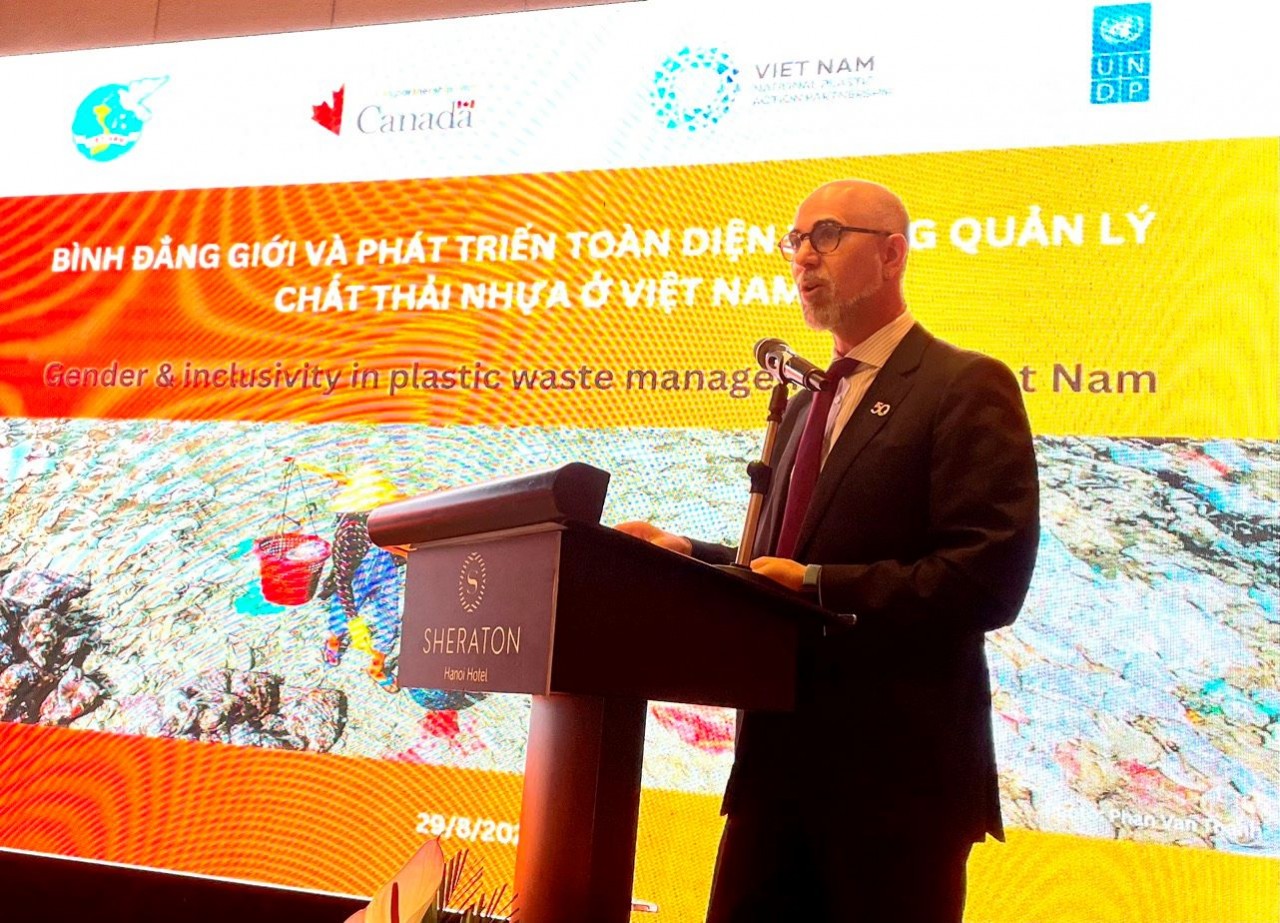 |
| Canadian Ambassador to Vietnam Shawn Steil speaks at the workshop. (Source: UNDP) |
In Vietnam, we all know that women play a central role in business, resource management, waste management and unpaid care work – much of which takes place in the informal sector, the Canadian diplomat said.
Canada’s funding programs and projects focus on supporting women’s rights and livelihoods to contribute to efforts to transition to a more sustainable and circular plastics economy. Canada “hopes that the assessment report on gender equality and social inclusion in the plastics value chain, released today, will help us guide our collaboration to ensure gender equality, inclusion, diversity and responsible use of the environment in Vietnam.”
Ms. Nguyen Thi Minh Huong, Vice President of the Central Committee of the Vietnam Women's Union, shared the orientation of some activities of the Vietnam Women's Union in environmental protection and plastic waste reduction.
With an approach from gender and environment, including the issue of plastic waste, the Resolution of the 13th National Women's Congress continues to identify environmental protection and the fight against plastic waste as one of the key tasks to be implemented in the coming time in all levels of the Women's Union and its members, women.
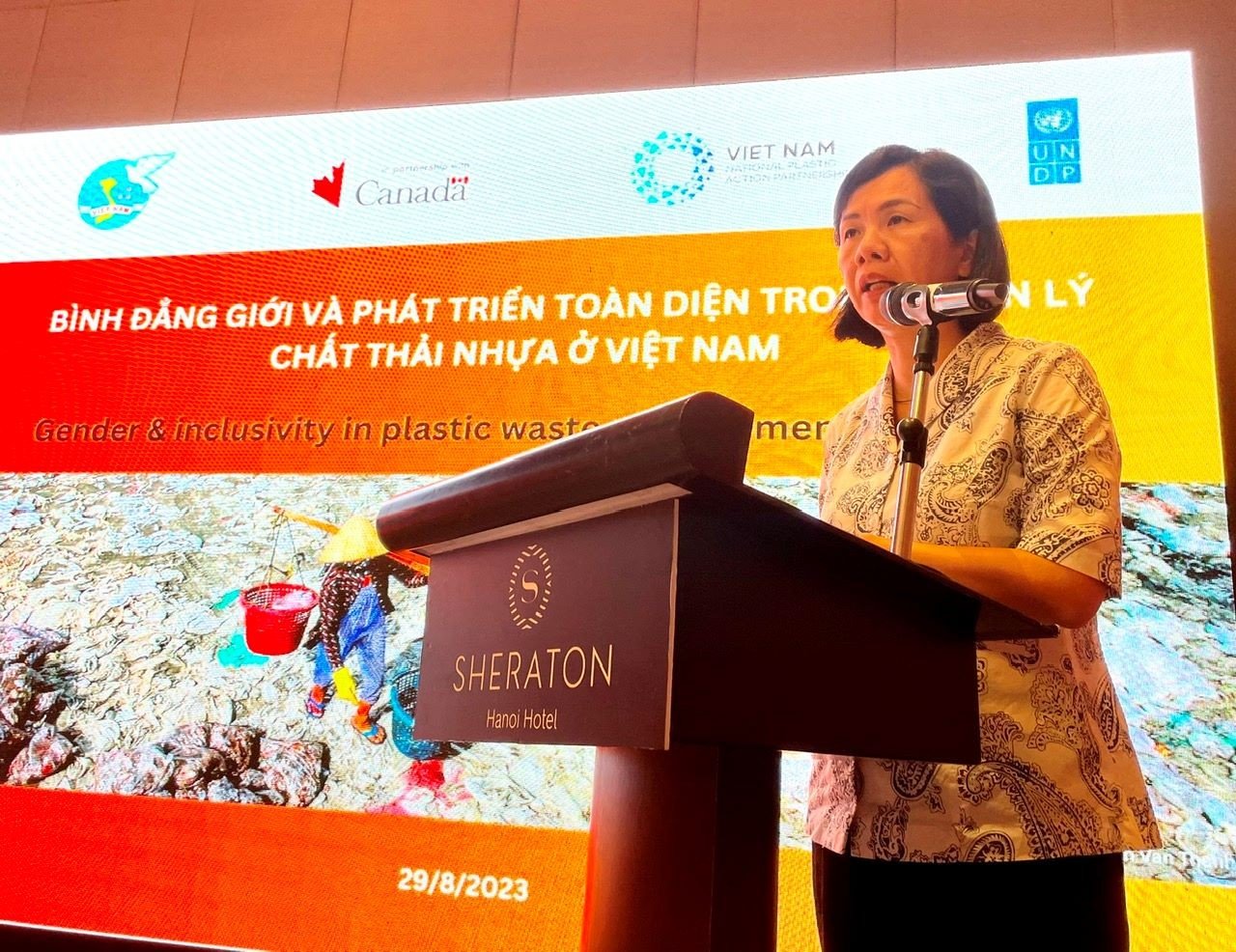 |
| Ms. Nguyen Thi Minh Huong, Vice President of the Central Committee of the Vietnam Women's Union, spoke at the workshop. (Source: UNDP) |
Comments at the workshop highlighted the need to mainstream gender equality and inclusive development issues in the joint action plan that the Vietnam Women’s Union Central Committee, the Embassy of Canada, UNDP Vietnam and other active members of the NPAP network will propose to integrate individual solutions into a sustainable and inclusive plastic circular economy, by leveraging resources from policymakers, experts, businesses and development partners.
Delegates at the workshop shared many ideas and solutions to help move Vietnam towards a sustainable and inclusive plastic circular economy for all. In particular, the workshop opened up fruitful discussions on the role of women and how to help improve gender equality and comprehensive development in plastic waste management at the household and community levels.
Based on a solid background research and comprehensive analysis, the GESI report highlights the gender context and comprehensive development issues in Vietnam’s plastic waste management system. The research was conducted through an online survey with 601 comments from community members, 9 focus groups with 63 formal and informal workers in Hanoi, Ha Tinh and Thua Thien Hue, and a series of in-depth interviews with 33 representatives and experts from central-level plastic waste policy-making agencies, NGOs, research units, women’s unions, local authorities, enterprises, waste collection and recycling workers. Research results show that women are primarily responsible for managing daily household chores, and they are more affected by the use of plastic products. However, there is still a lack of research on the impact of plastic waste on the health of women, children, the elderly and pregnant women. |
Source



![[Photo] National Assembly Chairman Tran Thanh Man attends the VinFuture 2025 Award Ceremony](/_next/image?url=https%3A%2F%2Fvphoto.vietnam.vn%2Fthumb%2F1200x675%2Fvietnam%2Fresource%2FIMAGE%2F2025%2F12%2F05%2F1764951162416_2628509768338816493-6995-jpg.webp&w=3840&q=75)


![[Photo] 60th Anniversary of the Founding of the Vietnam Association of Photographic Artists](/_next/image?url=https%3A%2F%2Fvphoto.vietnam.vn%2Fthumb%2F1200x675%2Fvietnam%2Fresource%2FIMAGE%2F2025%2F12%2F05%2F1764935864512_a1-bnd-0841-9740-jpg.webp&w=3840&q=75)

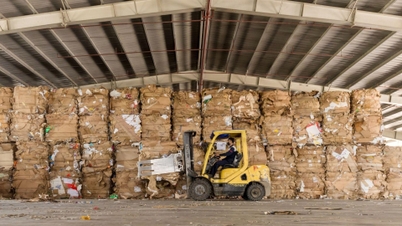

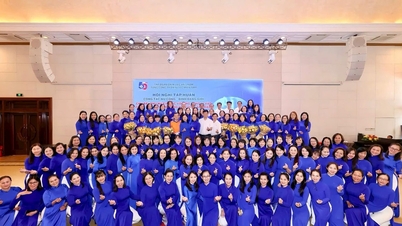

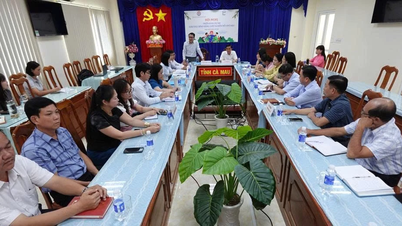

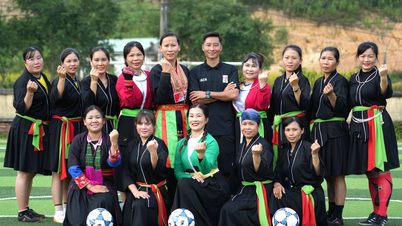

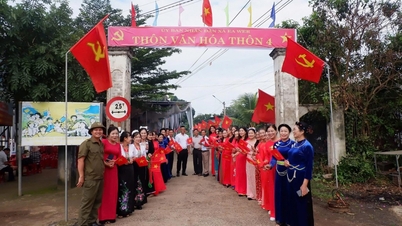

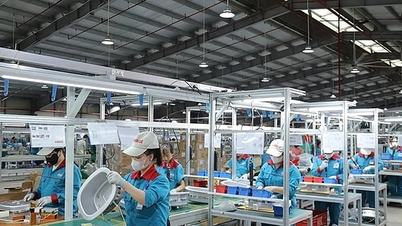



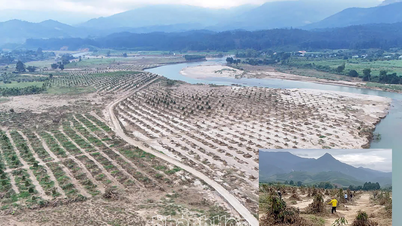



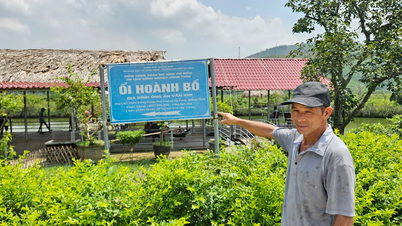
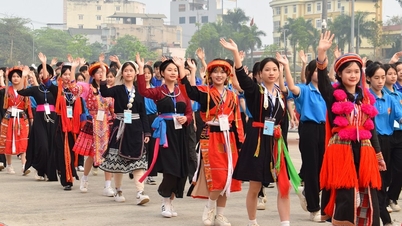

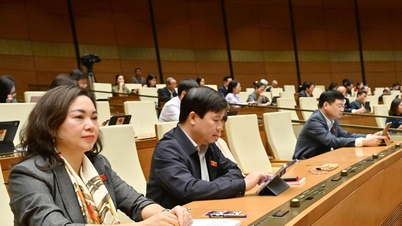




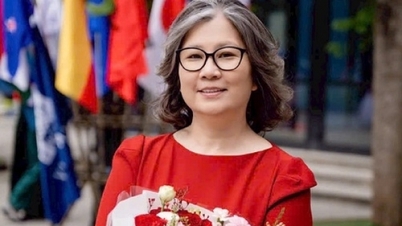
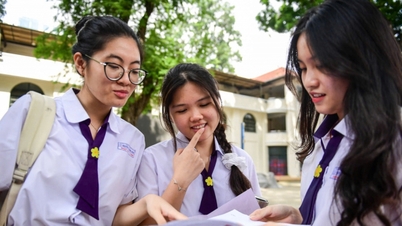
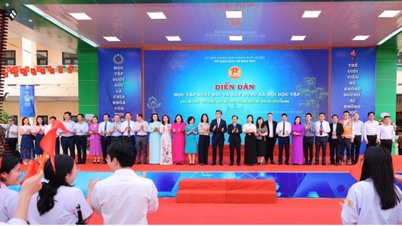

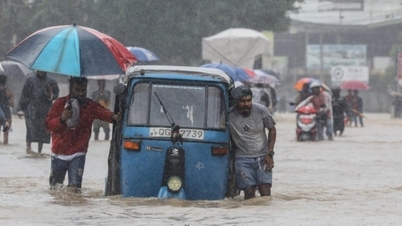
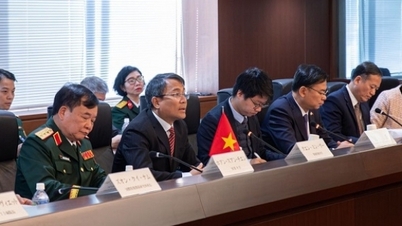








































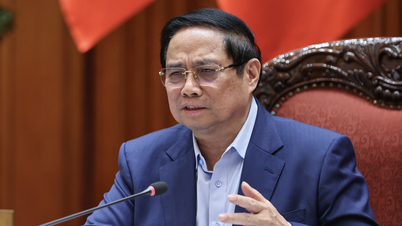


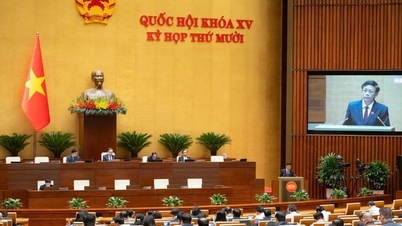






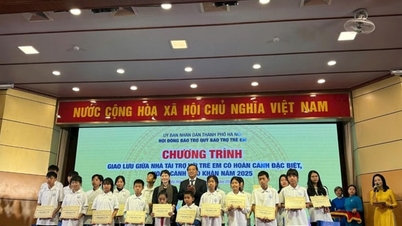

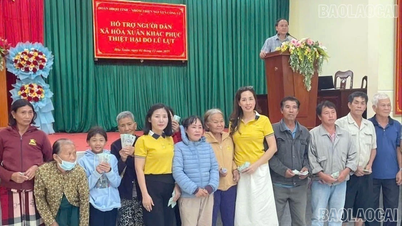


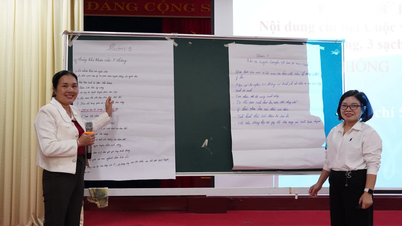
















Comment (0)